Menu
Close

CMHA TVAMHS recognizes National Addiction Awareness Week
Nov 21, 2022
November 20-26 marks National Addictions Awareness Week (NAAW), an annual awareness campaign coordinated by the Canadian Centre for Substance Use and Addiction in cooperation with all its partner organizations, including CMHA.
This years’ theme for National Addictions Awareness Week is a Community of Caring, placing the spotlight on how different communities across the country are helping individuals with problematic substance use or have a substance use disorder.
CMHA Thames Valley Addiction and Mental Health Services offers services such as the Rapid Access to Addiction Medicine (RAAM) Clinic, Substance Use Program, including Outreach, Problem Gambling and Behavioural Addictions program, Community Opioid Addiction Program (COAP) and Community Withdrawal Support Program. To learn more about these programs and more, please visit our programs and services page.
In addition, CMHA is sharing some concrete ways everyone can help to raise awareness about substance use health, addictions and people who use drugs:
1) Use person-first language which focuses on the individual, not on the substance use. Language used is an important factor in reducing stigma and breaking down negative stereotypes associated with substance use disorders. By using non-stigmatizing language, those who are experiencing challenges may experience fewer barriers to accessing supports. CMHA Ontario has developed a one-page primer on talking about substance use to help.
2) Understand that substance use is on a spectrum. Substance use ranges from abstinence to dependence. People who use drugs may be anywhere on the continuum of substance use. No matter where they are on the continuum, access to help will help reduce harms of substance use.
3) Learn about harm reduction strategies. Harm reduction is an evidence-based, client-centred approach that seeks to reduce the health and social harms associated with substance use, without necessarily requiring people who use substances from abstaining or stopping. We engage in harm reduction in our everyday lives to minimize a risk, such a wearing a helmet when riding a bike or enforcing seatbelts when driving a car. One substance use harm reduction strategy every average person should know is how to prevent death from opioid overdose. CMHA Ontario has developed an easy-to-understand resource to help identify the signs of an opioid overdose and how to deliver life-saving naloxone.
4) Support safer supply approaches. The unregulated street drug supply is highly toxic with unexpected, increasingly potent opioids that cause accidental fatal overdoses. We can save lives by offering safer supply programs. Learn more about safer supply here.
5) Know where to find help. If you or someone you care about wants help for changing their drug use, help is available. Contact CMHA Thames Valley by filling out our Getting Started form or call/text Reach Out 24/7 at 519-433-2023.


